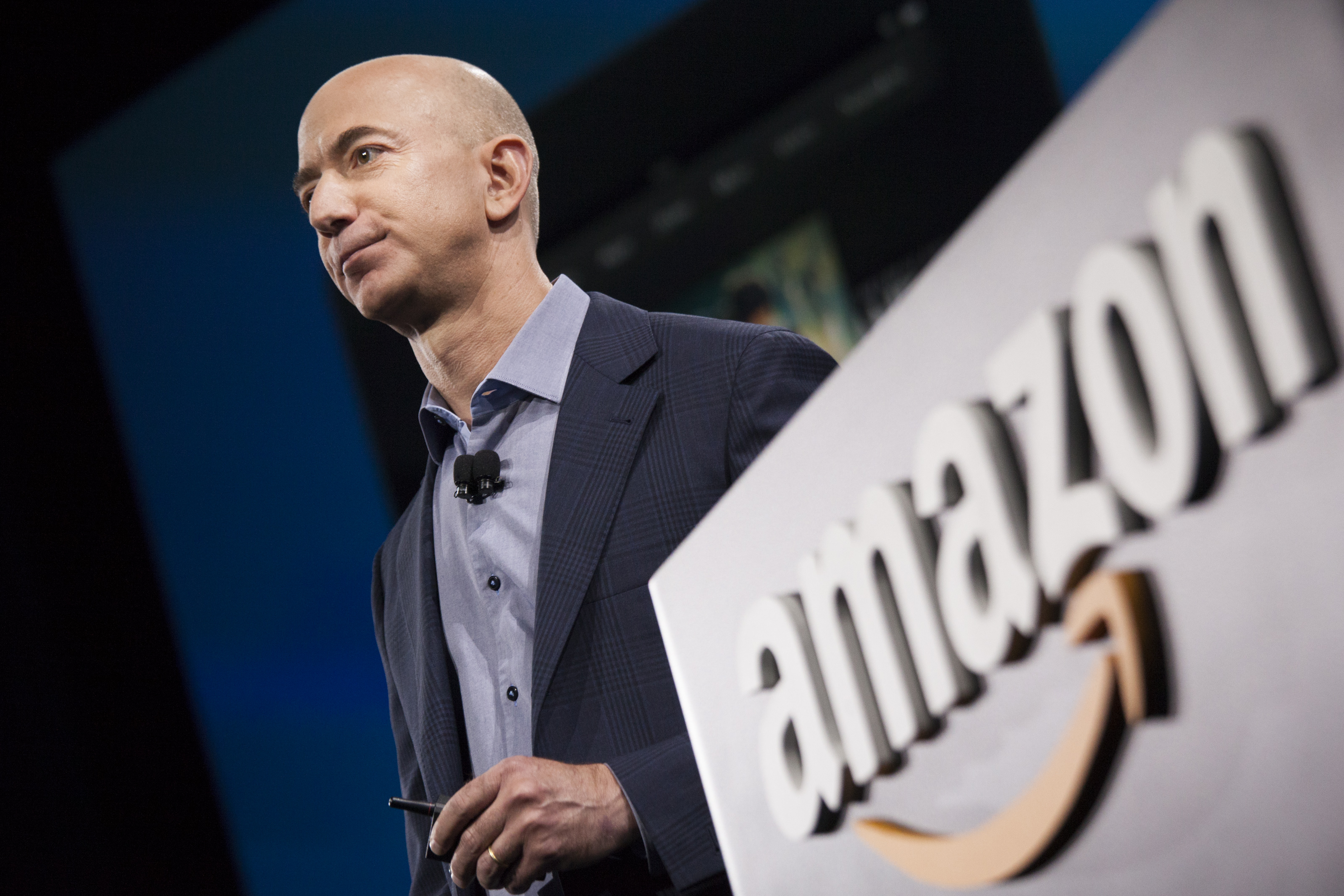Amazon and the price of inventing the future
Amazon isn't the only company that requires its workers to give up their lives


A free daily email with the biggest news stories of the day – and the best features from TheWeek.com
You are now subscribed
Your newsletter sign-up was successful
Jeff Bezos says he doesn't recognize the "soulless, dystopian," and ruthless work culture at Amazon described in a New York Times article this week, and I'm sure he doesn't. In creating a company that "invents the future," Bezos set wildly ambitious, data-driven standards for performance and customer satisfaction, and let his managers enforce them. Now Bezos knows a bit more about how it feels to be one of his burned-out worker bees, weeping at their desks as they fulfill his vision. But while Amazon's culture may be extreme, it's not unique. In most tech-industry companies — and in fact, most white-collar companies today — you are required to put your job above your family, your health, everything. If you aren't sufficiently productive, someone else — here, or on the other side of the world — will be glad to take your job.
For consumers, these are the best of times. With a few keystrokes, you can take immediate possession of mountains of digitized information, music, books, movies — and thanks to Bezos' genius, virtually any consumer item sold in America. But it's a pretty lousy time to be a producer. Competition is now global. Change is rapid and relentless, and success is fleeting. If you relax for a moment in this ferociously Darwinian marketplace, you will get eaten alive. Dan Kreft, who worked at Amazon for nearly 16 years before quitting, said it was "a thrilling place to work" because of its incredible scale and ambition. But to survive there, he said, you must surrender "any silly notions that you matter as a person." When you're inventing the future, the work is what counts. The workers, not so much.
A free daily email with the biggest news stories of the day – and the best features from TheWeek.com
The Week
Escape your echo chamber. Get the facts behind the news, plus analysis from multiple perspectives.

Sign up for The Week's Free Newsletters
From our morning news briefing to a weekly Good News Newsletter, get the best of The Week delivered directly to your inbox.
From our morning news briefing to a weekly Good News Newsletter, get the best of The Week delivered directly to your inbox.
William Falk is editor-in-chief of The Week, and has held that role since the magazine's first issue in 2001. He has previously been a reporter, columnist, and editor at the Gannett Westchester Newspapers and at Newsday, where he was part of two reporting teams that won Pulitzer Prizes.
-
 How the FCC’s ‘equal time’ rule works
How the FCC’s ‘equal time’ rule worksIn the Spotlight The law is at the heart of the Colbert-CBS conflict
-
 What is the endgame in the DHS shutdown?
What is the endgame in the DHS shutdown?Today’s Big Question Democrats want to rein in ICE’s immigration crackdown
-
 ‘Poor time management isn’t just an inconvenience’
‘Poor time management isn’t just an inconvenience’Instant Opinion Opinion, comment and editorials of the day
